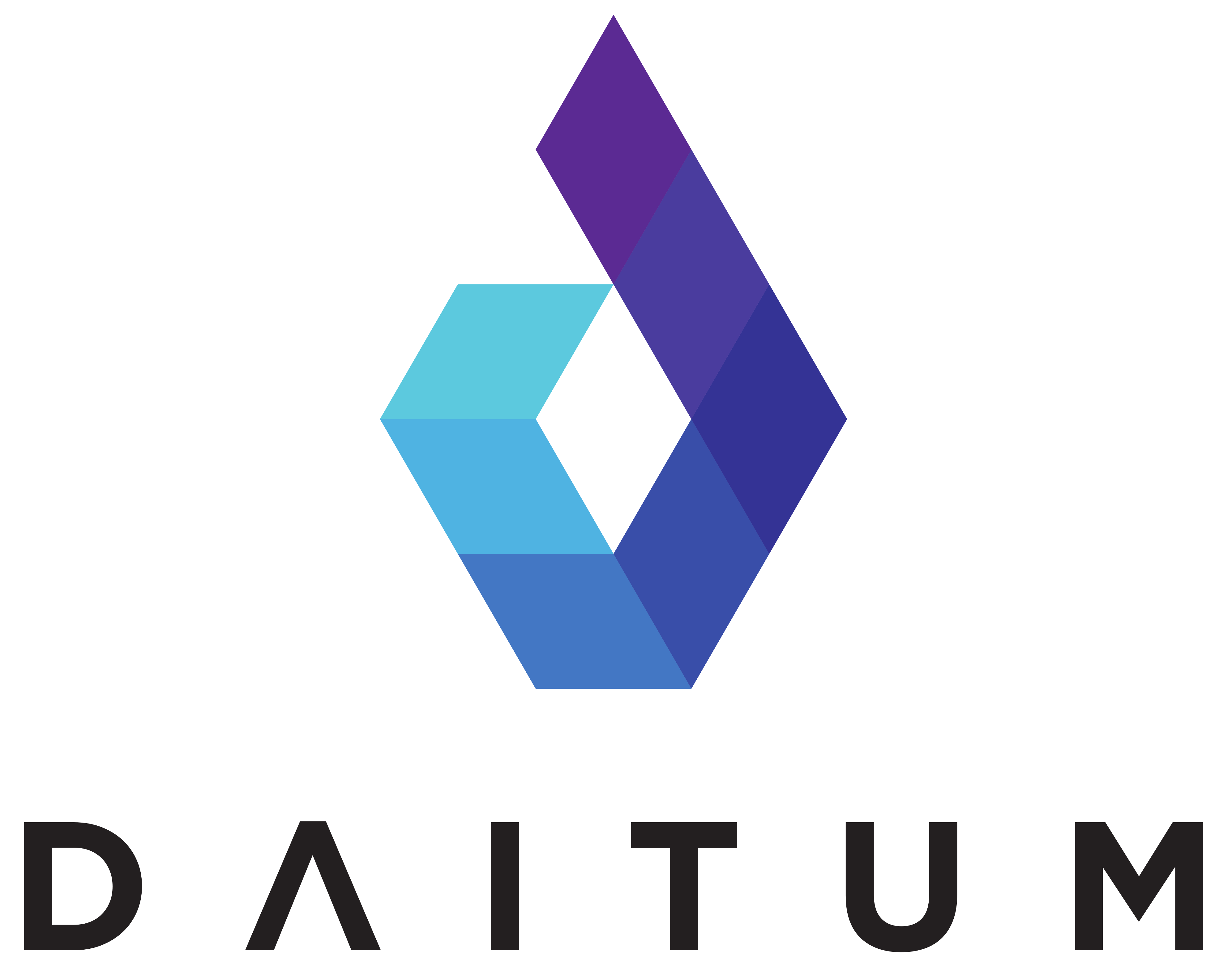How Artificial Intelligence is Revolutionising the Hospital System
Artificial intelligence (AI) and its related technologies are becoming increasingly prevalent in business and society.
It has become a common facet of all aspects of our healthcare system, a complex industry where getting things right and providing quality of service is critical. COVID-19 has put unprecedented burdens on our hospitals, nurses, and medical staff, and exposed what happens if such technologies are not in place. In fact, nine out of ten hospitals now have an AI strategy in place, covering all areas from administration to complex surgical tasks. Just two years ago, this was only five out of ten (“The State of Healthcare Automation”, Sage Growth Partners, Feb 2021).

New innovations in AI technology are streamlining the patient experience, helping hospital staff process vast quantities of data from patient flow to payment systems. There is a clear use in assisting with clinical decisions and aiding human judgment.
Staff rostering is a strong example of how AI can be applied to the hospital and healthcare system in general to save costs, increase efficiency, and improve staff and patient satisfaction. Completing a roster is an arduous and usually manual activity that draws critical staff away from more important tasks. While best efforts are made, the human factor inevitably results in a less than optimal solution given the overly complex nature of staff rostering.
Daitum’s prescriptive analytics solution sits at the cutting edge of AI. It can be used to optimise any business problem and is ideally placed to make rostering a breeze due to its ability to automatically examine millions of options in a very short time. Its Excel spreadsheet interface provides an immediately familiar environment and minimises the need for staff training. Daitum honours staff leave requests and optimises skill mixes while adhering to all labour contract rules. This is particularly important considering that different wards have different business logic including labour contract constraints, skills mixes, and organisational goals.
The use of Daitum’s technology across three clinical specialities of an Australian private hospital resulted in a return-on-investment of under four months, 36% increase in desired skill mixes and a 100% compliance with leave requests. At the same time, rosters can be generated up to 6 times faster, saving key staff valuable time.
Click here to read about how Daitum deployed its nurse rostering solution across three wards at Burnside Hospital.
